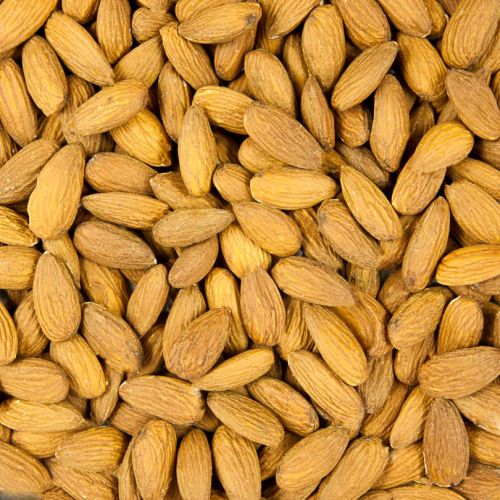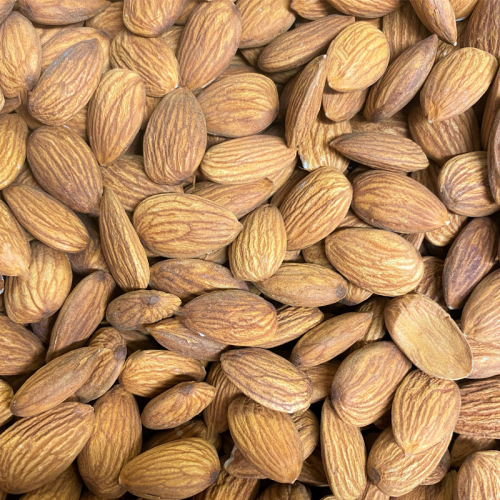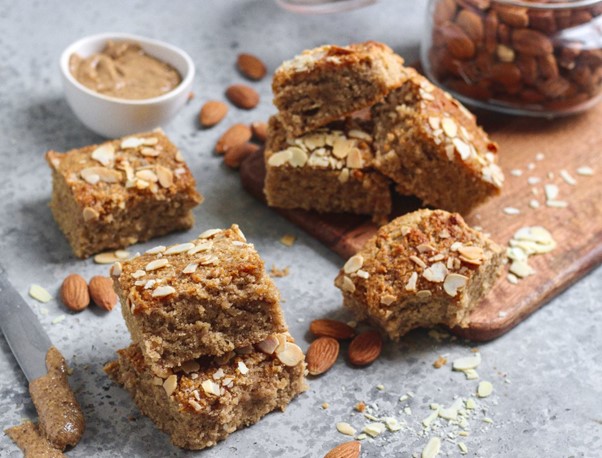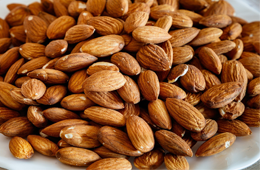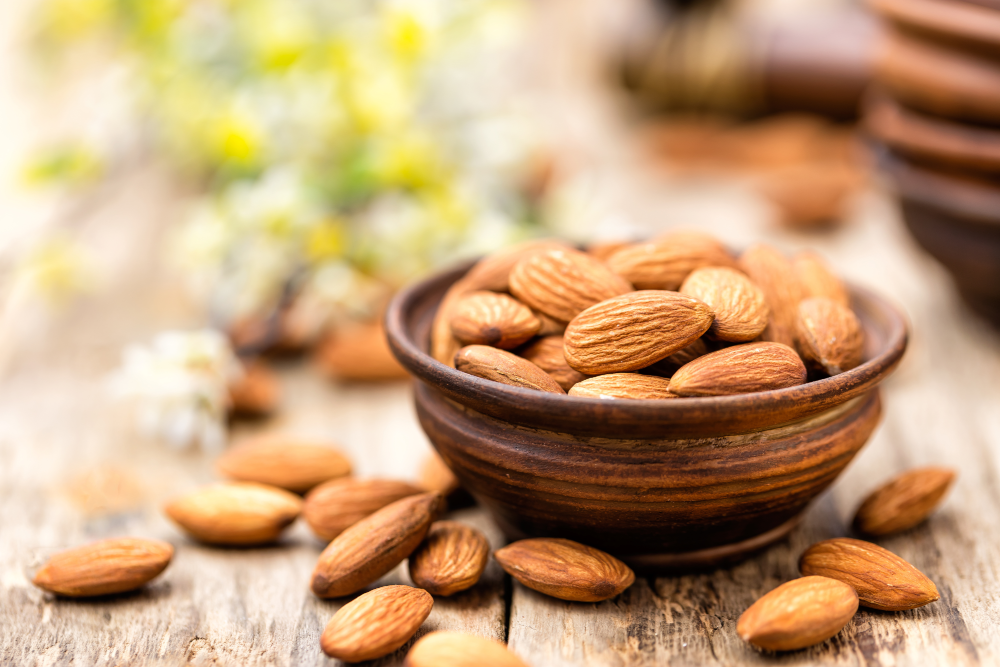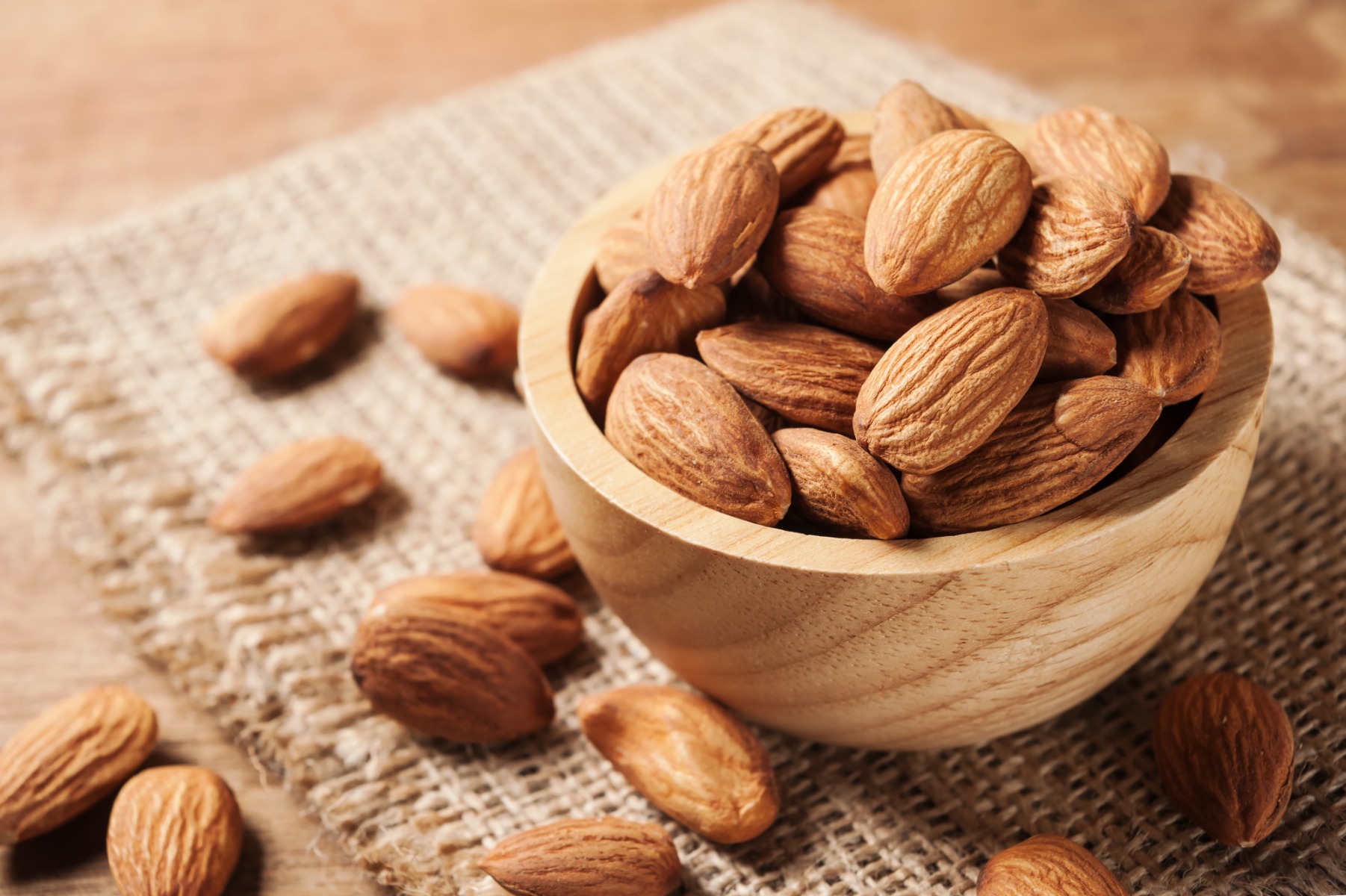
Almonds are booming. World production is for the first time bursting through the one million tons mark and the global appetite for this super nut seems insatiable. In California, the world's biggest producer the almond blossom bursts into bloom in February in ever-expanding orchards that will soon cover more than 900,000 acres. They should yield around a billion pounds of nuts. Yet ten years ago the acreage of trees and the total harvest were just half those figures. And this has happened while the sunshine state has experienced one of the worst droughts in its history.
In Australia, where the pink blossom does not appear until August, almonds have become the nation's most valuable horticultural export. Export sales are in the current year anticipated to reach $600 million (288 million) and growers are expecting to double production in the next five or six years. So who is behind the great almond avalanche? The simple answer is, of course, everybody who cares about what they eat....and wants to live as long as possible. Because nothing ticks more healthy eating boxes than the gluten free, cholesterol free, protein-rich almond packed with 'good' fats, antioxidants, minerals and vitamins In America the average level of almond consumption has now reached 2lbs per person per year, double the amount consumed just seven years ago. This is partly due to a huge swing away from peanut butter to almond butter because the number of US children who have peanut allergy has tripled in the past decade. Then there's the appeal of the Paleo Diet which has helped drive tens of thousands back to a caveman style eating of only what could be hunted or gathered. Then there's almond milk. In the US its sales have outstripped soya milk and now accounts for four per cent of all milk sales. That's an eightfold increase in just four years. And the same trend is occurring here. Last autumn Waitrose announced that almond milk sales had outstripped soya for the first time. But demand for all things almond is not just soaring in the West. Improved income levels mean sales of quality foods like almonds are racing away in countries in the East. Around 70 per cent of California's almonds are exported and most of them now go to China.
There is, of course, no shortage of scientific indicators that almonds like other nuts they can actually extend your life. Only six months ago a new study in Holland found that eating nuts daily can cut the risk of dying from cancer, cardiovascular diseases like stroke, respiratory disease, diabetes and brain disorders like Alzheimer's. The study focused on 120,000 Dutch men and women aged 55 to 69. It showed that those who eat up to 5 grams of nuts a day cut their risk of dying by 12 per cent and those eating at least 10gms a day cut their risk by almost a quarter. This research from Maastricht University confirms a major American study that showed a 20per cent reduction in death in daily nut consumers. But if all nuts are life-enhancers almonds pack in the most health benefits. So what is it in almonds that makes them so special? Almonds are one of the best food sources of Vitamin E which is a crucial anti-oxidant stopping the body being attacked by disease-causing free radicals. A one-ounce helping of almonds (a small handful) contains over a third of your body's Vitamin E daily requirement.
The skin of the nut contains a range of flavonoids, the nutrients that are associated with antioxidant and anti-inflammatory health benefits as well as the support of the cardiovascular and nervous systems. Researchers at Aston University in Birmingham found that almond eaters significantly increased the number of antioxidants in their blood, had reduced blood pressure and improved blood flow all of which reduced the risk of heart disease. Vitamin E is also crucial in protecting lipids (fats) in the body and particularly in the membrane surrounding cells rich in fats. So it plays a major role in maintaining the connective fibres in the skin. Almonds also contain Vitamin B2 (riboflavin) which the body needs to extract energy from food. Then there are the minerals. That handful of nuts gives you a quarter of your daily requirement of magnesium which is involved in a vast range of bodily functions. Plus there is copper, manganese and phosphorous. That helping also gives you 12 per cent of your daily protein requirement and 10 per cent of your daily fibre need.

